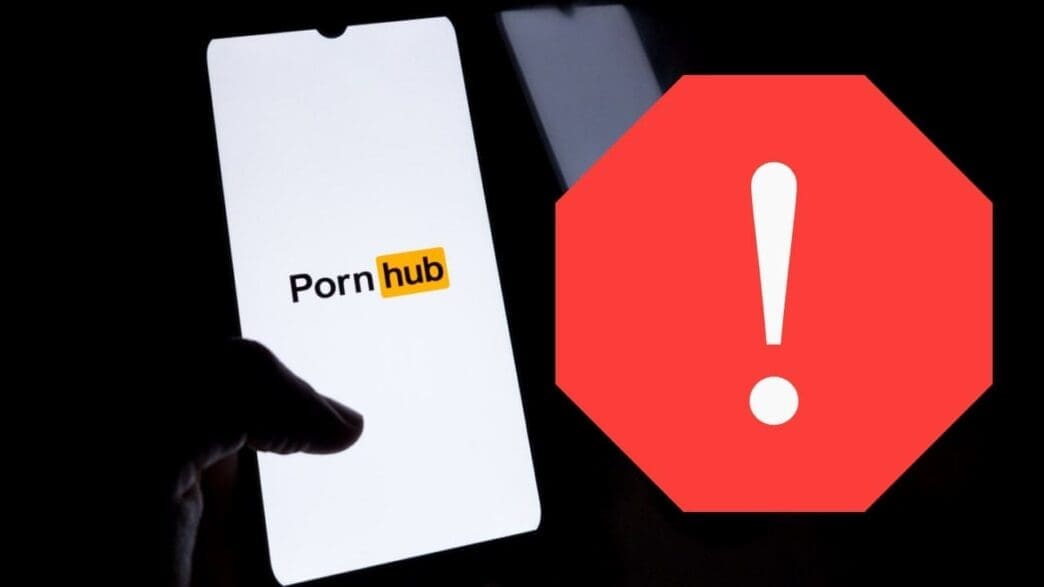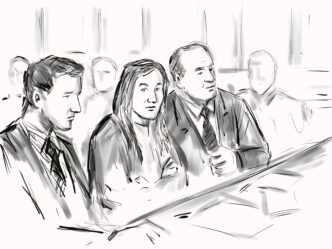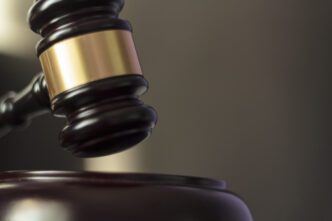A major adult entertainment company has issued a stern warning about blocking Florida users from its platforms due to a new law set to be enforced in 2025.
The Florida Legislature’s recent passage of House Bill 3, titled ‘Online Protections for Minors,’ signifies significant changes in internet regulation within the state. This law, promptly signed by Governor Ron DeSantis, is designed to safeguard minors by banning children under 14 from creating social media accounts. It mandates the removal of such accounts and allows parents of 15- and 16-year-olds to authorize account creation. Crucially, it requires adult content providers to implement age verification to ensure users are at least 18, offering either anonymous or standard methods, without retaining personal identification. These stipulations are causing concern among privacy advocates who argue that uploading government IDs for verification compromises individual privacy.
Governor Ron DeSantis emphasized the dangers social media poses to children, expressing gratitude to the House Speaker for pioneering this legislation. House Speaker Paul Renner further highlighted the law’s intent to shield children from online predators and harmful social media influences, resulting in mental health concerns. In contrast, critics like ACLU of Florida’s Kara Gross, argue that HB 3 threatens constitutional freedoms by restricting adult and minor access to protected speech online. Gross sees this as excessive government censorship.
A significant development in response to HB 3 comes from Aylo, the parent company of PornHub, which announced plans to restrict access to its Florida-based users. The company, although supporting age verification, criticizes the current implementation methods as hazardous and inefficient, arguing that expansive data collection endangers user privacy. The spokesperson from Aylo advocates for a technological solution—device-based age verification—asserting that existing technology can effectively address safety and privacy concerns without compromising data. This stance comes after Aylo’s experience in states like Louisiana, where similar measures led to drastic traffic reductions but failed to curb users’ access via alternative routes like VPNs.
Furthermore, legal action is underway with the Free Speech Coalition’s lawsuit against HB 3, seeking to halt its enactment by arguing breaches of the First and Fourteenth Amendments. The lawsuit raises concerns about the potential hefty fines faced by adult websites for non-compliance. Meanwhile, Florida Attorney General Ashley Moody expresses a firm stance on defending the state’s capability to protect minors, emphasizing her commitment both as a mother and an official.
The unfolding situation in Florida reflects a broader national struggle between implementing protections for minors and preserving digital privacy and free speech rights. With Florida potentially becoming the fifteenth state to restrict such access, industry and legal responses could shape future policy directions.
The upcoming enforcement of Florida’s House Bill 3 reveals the complex intersection of child protection, privacy, and free speech. As stakeholders from various sectors debate the implications, the outcome could set precedents for how similar issues are handled across the United States.
Source: Fox13news








